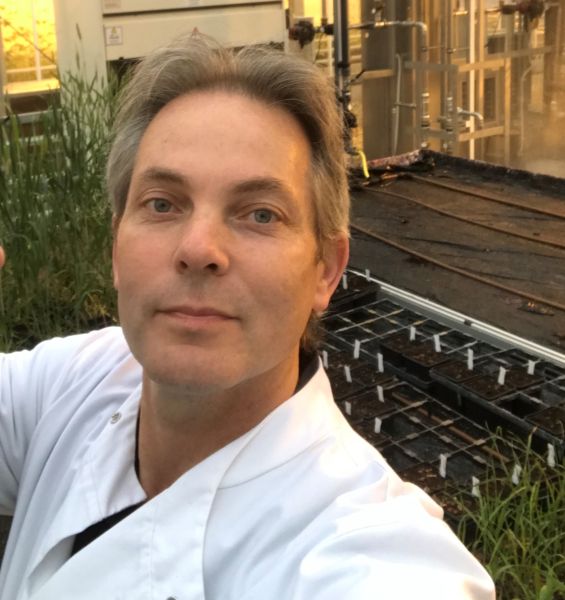Crop molecular physiology
Crop varieties and agricultural practices from the Green Revolution fuelled 20th-century population growth but are now recognized as unsustainable due to environmental harm. High-yield cereals like wheat, reliant on nitrogen fertilizer from the energy-intensive Haber-Bosch process, contribute to greenhouse gas emissions and eutrophication. To address this, our Crop Molecular Physiology group researches nitrogen responsiveness at the gene, the whole plant and the plot level, in order to discover and select crop varieties with a low nitrogen requirement and well adapted to regenerative agriculture practises. Collaborating with Ethiopia and India, we focus on millet species, including tef, aiming for sustainable cereal production.
Follow this link to view this group on the NIAB website https://www.niab.com/about/people/dr-st%C3%A9phanie-swarbreck
Research areas
Wheat decision: to respond or not respond to available nitrogen.
This project aims to enhance understanding of nitrogen responsiveness regulation in a globally important crop. Our hypothesis suggests that increasing nitrogen availability suppresses plant nitrogen responsiveness. Using genetic, molecular biology, and physiological methods, we’ll study nitrogen responsiveness in wheat. Specifically, we’ll focus on strigolactones’ role in wheat nitrogen responsiveness and its downregulation with increasing nitrogen availability.
Exploiting novel wheat genotypes for regenerative agriculture
At the forefront of arable farming challenges is the imperative to maximise grain yield and quality while minimising input costs and environmental harm. Currently, wheat varieties are primarily tested in high-input conditions and intensive cultivation methods, posing limitations for growers. Leveraging NIAB’s innovative farming system, we’ve evaluated regenerative agronomic practices’ impact on soil health. Concurrently, the Pre-Breeding Department has cultivated new wheat pre-breeding lines, enhancing genetic diversity. Our proposed joint project integrates these expertise areas to devise solutions for reducing the environmental footprint and expenses of wheat production. By assessing diverse wheat lines under regenerative practices, we aim to glean valuable insights for developing novel wheat varieties.
About the group leader
Stéphanie is a group leader in Crop Molecular Physiology based in Plant Genetics Department at the Crop Science Centre. She is interested in understanding how plants integrate and respond to different environmental conditions, such as nutrient availability, the presence of neighbouring plants (e.g. weeds) and different soil tillage levels. Her research aims to provide useful information for the development of crop varieties (especially wheat) suitable for low input regenerative agriculture practices while maintaining the yield and quality.
















